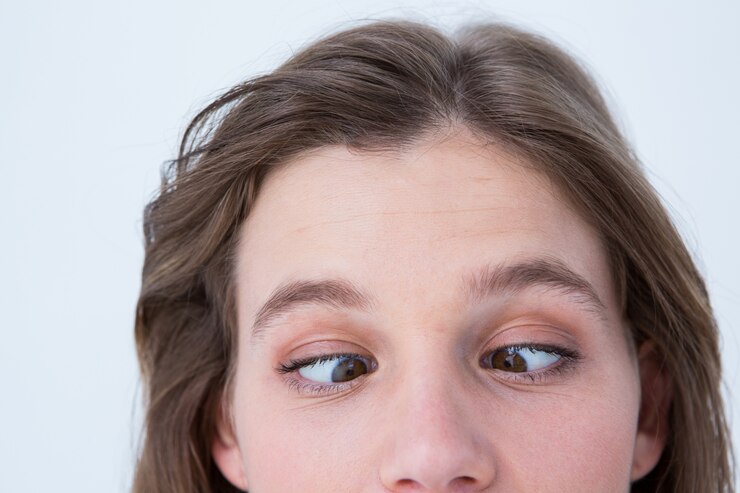
Dr. Kalyan Chothe
Specialties
Squint Treatments
Frequently Asked Questions
Squint, also known as strabismus or “crossed eyes,” is a condition in which the eyes are misaligned and do not point in the same direction at the same time. One eye may look straight ahead, while the other eye turns inward (esotropia), outward (exotropia), upward (hypertropia), or downward (hypotropia). This misalignment can be constant or intermittent.
Squint can affect people of all ages, but it is more common in children. In young children, the brain may suppress the vision in the misaligned eye to avoid double vision, leading to amblyopia, also known as “lazy eye.
Esotropia: The eye turns inward, towards the nose.
Exotropia: The eye turns outward, away from the nose.
Hypertropia: The eye turns upward.
Hypotropia: The eye turns downward.
Squint can be caused by a variety of factors, including:
Muscle Weakness: Weakness or paralysis of the eye muscles.
Nerve Damage: Damage to the nerves that control the eye muscles.
Refractive Errors: Uncorrected nearsightedness, farsightedness, or astigmatism.
Brain Conditions: In rare cases, brain tumors or other neurological conditions can cause squint.
Genetics: Squint can run in families.

Dr. Kalyan Chothe
“Comprehensive Eye Exams, Advanced Treatments, and Personalized Care for a Lifetime of Healthy Vision.”
“Experience the Difference of Expert Eye Care with Dr. Kalyan Chothe and his Dedicated Team.”
“From Routine Checkups to Advanced Surgeries, We’re Committed to Providing the Best Possible Eye Care.